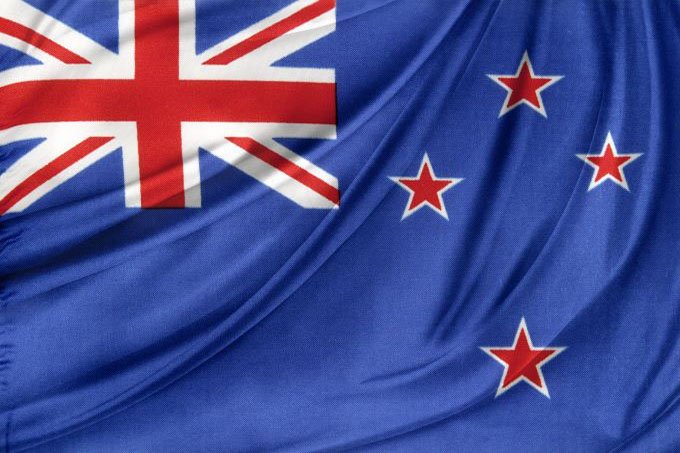 The Reserve Bank of New Zealand recently announced its decision to leave cash rates unchanged at 0.25%, in line with analysts' expectations.
The Reserve Bank of New Zealand recently announced its decision to leave cash rates unchanged at 0.25%, in line with analysts' expectations.
Despite deciding to leave the cash rates on hold, the bank announced that it will shrink its asset purchase program, a move that was unexpected by the markets, making it the first country in the developed world that has decided to stop its monetary stimulus program.
According to the bank, the global economic outlook continues to improve, which favors New Zealand's export sector. These improvements are mostly due to the accommodative fiscal and monetary settings and due to the rising vaccination rates, which have allowed faster economic rebounds.
“Members agreed that the major downside risks of deflation and high unemployment have receded,” stated the bank in its minutes. “The Committee agreed that a ‘least regrets’ policy now implied that the significant level of monetary support in place since mid-2020 could be reduced sooner.”
The bank pointed out that inflation is expected to keep rising over time, paralleling the inflationary process in countries like the United States, mainly due to growing labor shortages and rising pressure on the domestic economic capacity. It is still not clear whether these inflation pressures will be transitory or will have lasting effects on the economy.
However, the spread of the Delta variant in some parts of the world highlights the economic risks caused by the virus.
Given the decision to stop the asset purchase program, some analysts now expect the bank to consider raising the cash rates sooner than expected, especially if it continues being so confident regarding the economic outlook.
Just like the rest of the world, New Zealand has been affected by the spread of the COVID-19 virus, though to a lesser extent given its pandemic contention strategy.
According to official data, New Zealand has been one of the least affected countries in the world, with only 2,790 reported cases since the beginning of the pandemic, including 29 deaths. This has allowed New Zealand's economy to recover faster compared to the rest of the world.
New Zealand’s vaccination campaign continues advancing, though at a relatively slow pace compared to the rest of the world. So far, 1,270,719 vaccine doses have been distributed among the population and about half a million individuals have been fully vaccinated, which account for about 10.2% of the total population.
Since the beginning of the week, the New Zealand dollar has advanced by 0.29% against the US dollar, breaking a two-week losing streak. By 6:04 GMT, the kiwi went up by 1.04 percent against the greenback, hitting the 0.7017 level.

